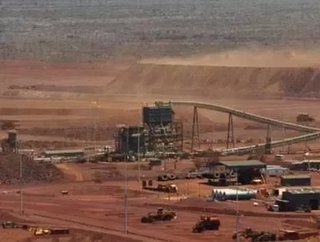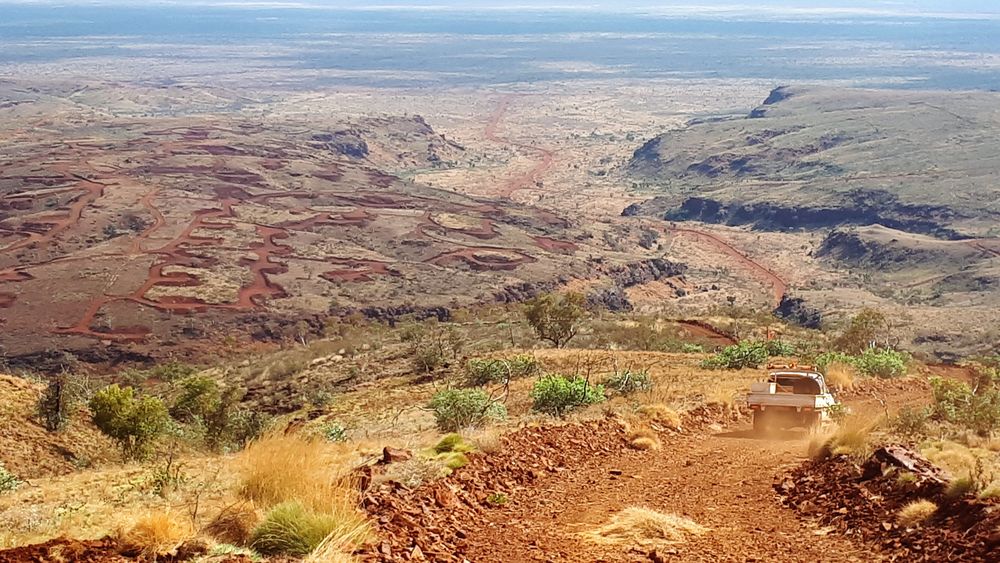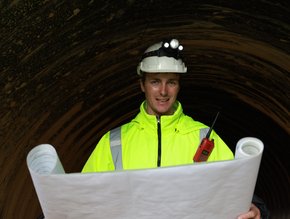Rio Tinto broadening cultural heritage management

In virtual seminars, which will include presentations from Board and Executive Committee members as well as experts in the field, Rio Tinto will outline actions it has introduced to strengthen its performance and governance of cultural heritage following the destruction of the rockshelters at Juukan Gorge in May 2020 and outline the steps it will take to further improve its performance.
One key step is the confirmation that an Indigenous Advisory Group (IAG) will be established to ensure Rio Tinto has a better understanding of Indigenous culture and issues in Australia, including at Board level. It follows broad consultation with Traditional Owners and Indigenous leaders with the aim to introduce more diversity and breadth of views, including external perspective, in decision-making.
Rio Tinto has also commenced work to review and re-define what is best practice for cultural heritage management in the mining industry. This work will be done in consultation with the IAG and other independent parties and will enable Rio Tinto to identify gaps in current protocols and provide a clear pathway to re-establish trust over time and regain Rio Tinto’s previous standing in this area.
Rio Tinto Chief Executive Jakob Stausholm commented: “We have reflected a great deal as a company and leadership team over recent months – listening, learning and responding by taking actions to better manage Traditional Owner partnerships and cultural heritage aspects of our business.
“One thing is clear – building meaningful and trusting relationships is fundamental. And that starts with Traditional Owners. We must focus on real engagement with our communities, understanding their felt experience and never forgetting that, ultimately, we are guests on their land. And, as guests, we must respect our hosts and work with them to understand their priorities and concerns and minimise our impacts.
“We also must remember that our stay is temporary. We need to ensure we leave a positive legacy. This is essential to our business. We are committed to doing the right thing and working with our hosts to earn the right to be a trusted partner once more.”
Following the events at Juukan Gorge, Rio Tinto reviewed its internal processes and also consulted widely with Traditional Owners, host communities, governments and other stakeholders. As a result, the company has significantly strengthened internal practices, policies and governance.

As part of Rio Tinto’s efforts to increase transparency in its approach to cultural heritage, the company has also committed to additional disclosures on the progress of heritage measures being undertaken. Rio Tinto is also engaging with a number of global investors and investor groups, to jointly identify additional disclosures on:
1. Progress against Rio Tinto’s own commitments and internal work-streams, (including Trusted Partnership Plan), external obligations and recommendations.
2. How Traditional Owners’ views are being sought and considered in shaping these commitments and Traditional Owners’ perspectives on how successfully these commitments are being met.
3. Enhanced governance arrangements in place to oversee the company’s progress against these actions.
4. How the company is working to advocate for enhanced sector-wide cultural heritage management and how this is consistent with Rio Tinto’s internal standards.
Rio Tinto intends to commence with interim reporting in the third quarter of 2021 and thereafter with predominantly annual reporting, coupled with periodic disclosure as appropriate. Further consultation with a broad range of investors and other stakeholders will continue to assist in developing these disclosures over time.
The two Communities & Social Performance: Cultural Heritage seminars will take place on 23 March, 9.00am-10.30am (AEDT) and 10.30am-12.00 pm (GMT). The presentations will be via webcast followed by a question and answer session. Presenting at the seminars will be:
Jakob Stausholm – Chief Executive
Megan Clark – Non Executive Director and Sustainability Committee Chair
Mark Davies – Group Executive, Safety, Technical and Projects
Kellie Parker – Chief Executive, Australia
Brad Welsh – Chief Advisor, Indigenous Affairs
Alicia Sherwood – General Manager, Communities & Social Performance, Pacific; and
Clayton Walker – President & CEO, Iron Ore Company of Canada
- Rio Tinto and China Baowu collaborate for low-carbon shiftSupply Chain & Operations
- Rio Tinto to build desalination plant to secure water supplySustainability
- Rio Tinto begins construction of new billet casting centreSupply Chain & Operations
- Rio Tinto publishes site-by-site water usage dataSustainability






